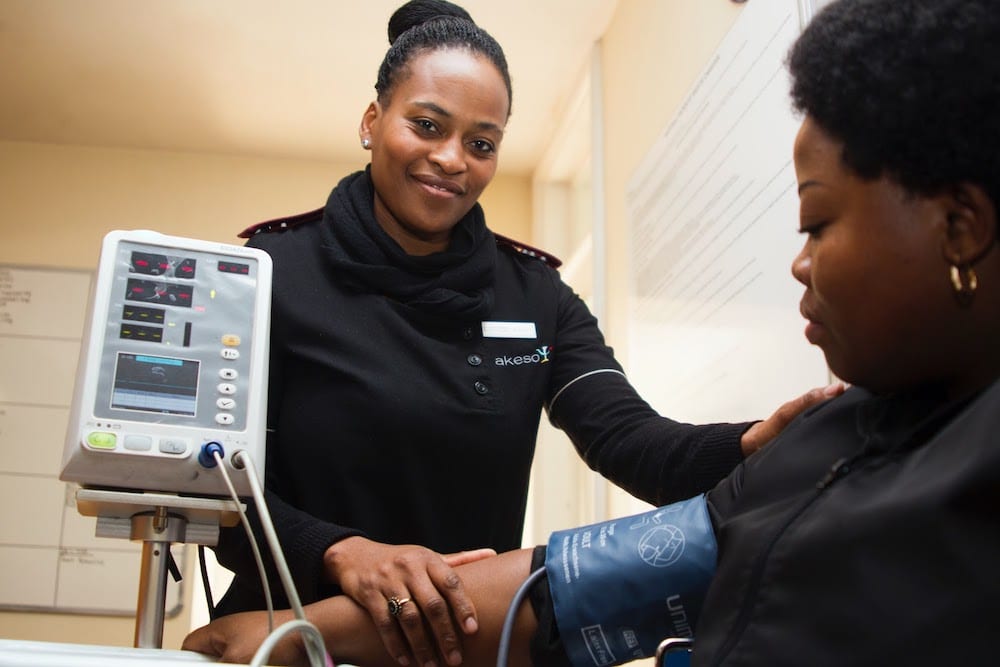Being a nurse can be one of the most rewarding jobs out there. If you are someone who loves to help people and make a difference in the world, working in nursing will easily satisfy that need. To do that, there are a few steps you will need to take, starting with a pre-nursing program.
What are Pre-Nursing Programs?
Pre-nursing programs are the very first step to becoming a nurse. These programs are a culmination of all the courses necessary before enrolling in a nursing program. These programs typically take about two years to complete and are offered at many colleges.
After completing a pre-nursing program, students will generally enroll in a Bachelor of Science in Nursing (BSN). Many schools offer pre-nursing programs that are designed to meet a specific school’s BSN prerequisite requirements. This makes it important to check the program you are planning to enroll in and be sure it lines up with future programs you wish to enroll in.
Pre-nursing programs are often offered at a lower cost through community colleges. This allows students to complete the first two years of their education more cheaply, making it easier to later enroll in schools with higher tuition or simply save some money. Many community colleges have set up their programs with the transferring of credits to other schools in mind to make the overall process easier for students.
What to Expect in a Pre-Nursing Program
There are a few prerequisites you will be required to meet before gaining admission to a pre-nursing program. You will typically only need to provide high school transcripts along with a high school diploma or GED. Many programs will require you to have graduated with a GPA of 2.5 or higher; as long as you can meet those requirements, you’re in.
Once you have been enrolled in a pre-nursing program, you will need to focus on the coursework. Most of the core courses in these programs are designed to help prepare students for the chaos that is nursing. Courses cover pretty much every topic there is including:
- Psychology
- Humanities
- English Composition
- Sociology
- Statistics
- Biology
- Anatomy
- Communications
Having knowledge of psychology and sociology helps nurses to understand frantic patients in stressful situations while having communications and humanities skills helps to calm them down.
Of course, biology and anatomy help with any medical degree simply because it is important to know about the human body when you are treating injuries and illnesses. Learning skills like English composition and statistics will help when it comes to documenting and creating reports.
After completing a pre-nursing program, you will be prepared for the next step: Enrolling in a BSN program. Earning a BSN gets you one step closer to becoming a registered nurse, which all starts with a pre-nursing program.
Top Pre-Nursing Jobs

Even though a pre-nursing degree won’t make you a registered nurse quite yet, there are still quite a few job opportunities for nursing students. Any job in the medical field is a great option because it helps provide you with work experience and a way to practice your skills. Below are some pre-nursing job examples.
- Nursing Aide: Work with registered nurses to help complete daily tasks
- Summer Camp Nurse Assistant: Assist the summer camp nurse and attend to minor injuries experienced by campers
- Caregiver: Help those who cannot live alone complete tasks and chores in their daily lives
- Orderly: Work behind-the-scenes in hospitals by answering call signals, helping with patient needs, sanitizing rooms, and escorting patients to and from rooms
- Monitor Technician: Read heart monitors and watch them to determine if patients need extra assistance or not
None of these jobs require more than a high school diploma or pre-nursing degree, so you will qualify for all of them. Most of the time, these jobs offer flexible hours, making it easy for students to work and gain experience while they continue to study. For college students, flexible hours and decent pay are the two most important factors of a job and all of these have them.
FAQs About Pre-Nursing
Pre-nursing is technically nursing, but it is like the introduction to nursing. It prepares students for nursing programs, but it does not make you a nurse.
Typically, pre-nursing programs take around two years to complete. They can take a little more or less time depending on the student and school.
There are many different types of nursing majors, so there is likely one that suits your needs. However, there are many degrees similar to nursing, like medical technology, mental and social health services, and health coaching.
Conclusion
If you want to become a registered nurse, enrolling in a pre-nursing program is the first step. Plenty of schools offer these programs, many of which offer a tailored program for a smooth transition to their own BSN programs. If you are looking to cut back on college costs, you could consider a community college, where degrees tend to be much more affordable.
After earning your pre-nursing degree, you will be able to get hired for a lot of different jobs, all in the medical field. Even something as basic as a summer camp nurse assistant will provide valuable job experience and a great way for you to test the waters of your future career. When all is said and done, we think that earning a pre-nursing degree is the way to go for any aspiring nurses.
About us: Career Karma is a platform designed to help job seekers find, research, and connect with job training programs to advance their careers. Learn about the CK publication.



